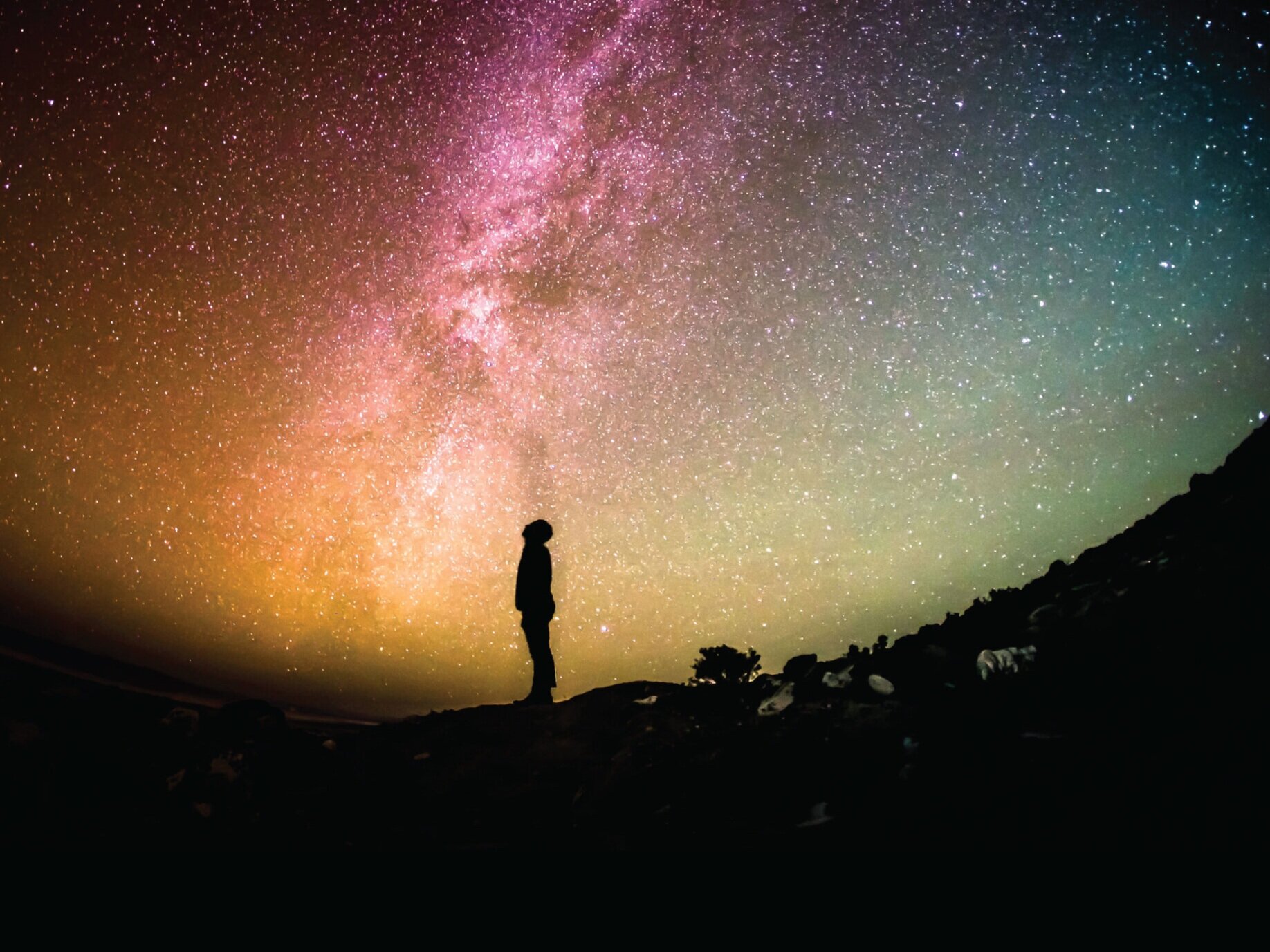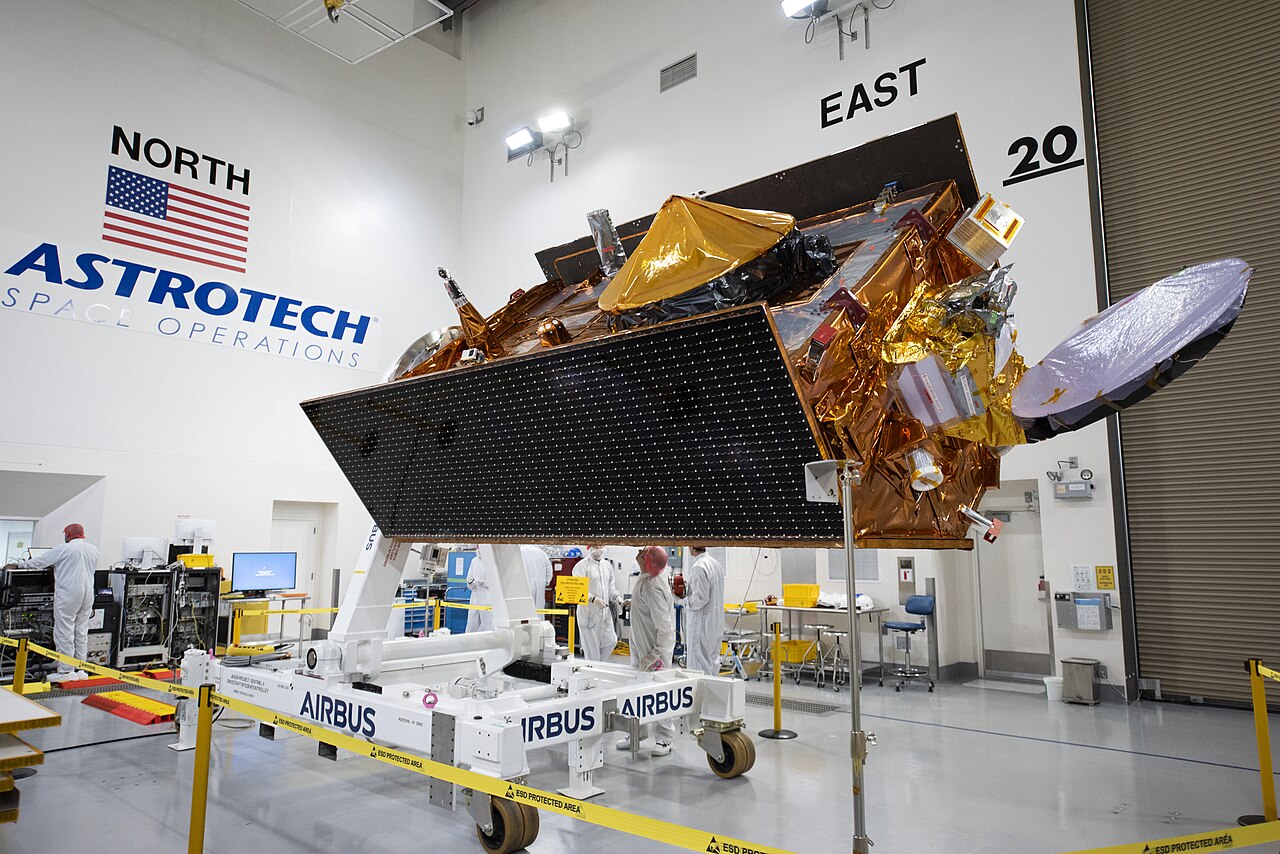In 2017, our solar system was visited by a strange object whose origin lay far beyond the reach of our sun. It was the first time we had ever observed such an object, and it possessed several strange anomalies.
It moved quite fast, and more significantly, quite continuously, than any observable comet or asteroid. Further still, it lacked the telltale trail of dust or ice iconic of comets. It was purportedly long and thin, and artist renditions of the object portrayed it like a cigar of rock, or a russet potato.
The Hawaiian observatory that made the world aware of it gave the object a Hawaiian name — “Oumuamua” which some news reports have translated as “scout” and others as “visitor from lands beyond”.
In reading Harvard Professor of Astronomy, Dr. Abraham “Avi” Loeb’s pre-print observations on Oumuamua in November of 2018, one gets the feeling they are reading the final few pages of a book in which the story has still not concluded.
The moment he suggests the “Interstellar dinner guest,” is of artificial origin (which with a flourish he preludes with an Arthur Conan Doyle quote), the human mind can’t help but shake with excitement, or as Loeb shortly thereafter discovered, rage.
Indeed, the criticism his repeated speculations on Oumuamua have received are practically vitriolic in the normally buttoned-down and supportive world of astronomy and astrophysics.
Though it’s mostly water off a ducks back as far as he’s concerned, who joked in an interview with World at Large on Thursday: “Well you know, Giordano Bruno was burned at the stake!”
Loeb, an Israeli-American, who grew up a poor farmer in a dusty corner of the Negev Desert, is light-hearted, enjoys the company of rabbits and ducks more than people, and embodies much of what we are told science is all about.
“I don’t argue that we know for sure that Oumuamua was a technological artifact,” Loeb told World at Large. “But I say there are a number of anomalies about it, that are quite unusual, and they’ve forced anyone who has payed attention to the details that we have about Oumuamua… came up with a scenario of something we had never seen before”.
PICTURED: Professor Avi Loeb, author of Extraterrestrial. Photo credit: Aviloeb, CC 4.0.
A furious response
The Washington Post collected the thoughts of several astrophysicists and astronomers, who described it as “an insult to honest scientific inquiry,” while another claimed it was “a shocking example of sensationalist, ill-motivated science”.
Inquiring after the response, Loeb was less-than impressed with what he sees as a lack of “cosmic modesty” in his colleagues who seem to be unwilling to accept that maybe humanity isn’t that special.
“I have a strong-enough position that I don’t care,” says Loeb. “My point is that if it’s something we’ve never seen before, why don’t we also consider the possibility of a technological object?”
“And that makes people furious, they say we should never discuss this possibility. Frankly I don’t understand way, because scientists have a duty to address subjects that are of interest to the public because the public funds science,” he adds.
Attempts to characterize it as a natural relic have included ideas like interstellar icebergs or giant interstellar dust bunnies. However neither theories included any substantial claim about how such fragile conglomerations of matter could survive the hundreds of years of cosmic travel between solar systems.
“The science tells us that the Earth-Sun system is not special. It’s very common, and if you arrange for similar circumstances, the most conservative assumption is that you get the same outcome”.
One of the hypotheses he has regarding the resistance to these ideas, which he says is deeply affecting the minds of young scientists, is that science, especially those pertaining to physics and astronomy, has taken on a different sort of culture among the citadels of academia; that it has become self-congratulatory and fearful.
“I think it’s a cultural problem — it starts from the fact that in academia, nowadays, it’s all about showing that you’re smart,” says Loeb. “The objective is not really to understand nature; most of the time people are just doing mental gymnastics on subjects that have no relevance to reality”.
“There is a whole culture of physicists — hundreds of them — it’s considered mainstream. They give each other awards, and they work on something that has no connection to experiments. That’s really the key, to put skin in the game, to make predictions that can be proven wrong”.
Extraterrestrials
Author of over 700 scientific papers, Loeb, whose CV runs as long as your arm, is Director of the Institute for Theory and Computation, Founding Director of the Black Hole Initiative, Chair of the Breakthrough Starshot Advisory Committee, Chair on the Board on Physics and Astronomy at the National Academies, and having held position for 9 years is the longest-serving chair in the Harvard Astronomy Department.
He has also authored a half-dozen books, including one released on Monday by Houghton Mifflin, called Extraterrestrials: The First Sign of Intelligent Life Beyond Earth.
Part of the book is dedicated to describing the details of Oumuamua, why he decided to take the “alien stance” and the response from the scientific community. But the book is so much more than just a thesis defense, and captures the wild imagination of a young Israeli boy growing up as a goat farmer in the Negev Desert.
It explores the relationship between reality and nature, and how his parents — a stern man-of-action for a father, and a mother who cultured a spirit of philosophical inquiry and love of nature, turned a farm boy into one of America’s most decorated scientists.
“Even though I have these leadership positions, I really like being in the trenches, that’s what gives me the most pleasure,” says Loeb. “I don’t enjoy administrative work, any sense of status, it’s really being in the trenches with the young people and doing the work”.
The farm boy mentality runs deep in Dr. Avi Loeb; it’s reflected in his staggering work output, his attitude on his peers, his jovial nature, his influence on students, and the writing on the pages of Extraterrestrial.




